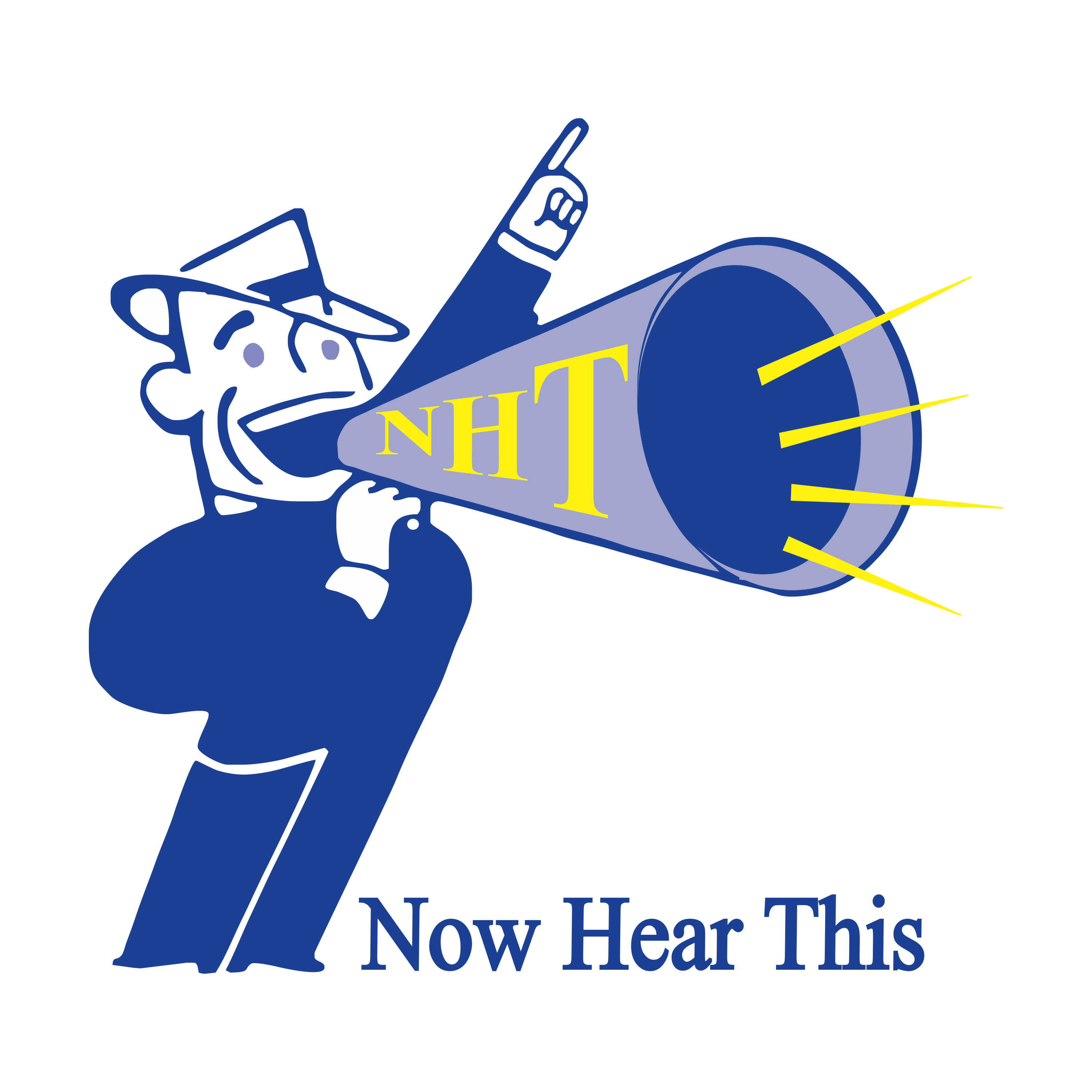
Last week I was in San Diego attending Social Media Marketing World. The week before I had been in Las Vegas for Podcast Movement Evolutions. The two events came just over a month after I was in Orlando for Podfest Multimedia Expo.
It should come as no surprise that at all three of those events the topic of YouTube came up over and over (and over) again.
But why shouldn’t it, though? After all, the world’s largest video sharing platform averages around 3.7 million new videos uploaded to it every day. (That’s around 271,330 hours of video content based on an average length of 4.4 minutes.)
Let that all sink in for a minute. As impressive as it is, you can also very easily let it get you down. After all, when you spend hours and hours (and hours) creating a video for YouTube and then you realize that it’s a drop in the virtual content ocean, it might discourage you from putting a whole lot of effort into future such projects. Wouldn’t you agree?
I recently encouraged a client to think about a music video for her upcoming new single. She said that if she’s going to do something, she wants to do it right, meaning, not just have a lyric video or anything at all just for the sake of having a new upload for YouTube. And that’s part of the lesson. Viewers have come to expect content that holds their attention. They want to be entertained in some way.
For the record, musicians, YouTube Music is very real. Last week I read in the PodNews that, “YouTube Music on the Google Play store has more than a billion downloads on Android.”
But regardless of the content you’re creating, the question remains, do you HAVE to be on YouTube?
I will say that Social Media Marketing World had entire (good!) sessions about YouTube. Two years ago, it was reported that YouTube had paid out more than $30 billion to creators, artists, and media organizations over the three years prior, which I’m sure has only continued to climb. So, it's tempting to want to get a piece of that pie, right?
Are you ready for the curveball? Here’s where things get murky.
More and more podcasters are feeling pressure to put their audio-only shows on YouTube. That, of course, means extra work. Plus, factor in that at Podfest Multimedia Expo, Libsyn VP/Podcaster Relations Rob Walch mentioned in his keynote that of the top 200 podcasts at that time (on Apple Podcasts), a grand total of ZERO were video podcasts.
Just when you think it’s safe to assume that, “All your friends are doing it,” and so you probably should too, there is reason to stop and decide, “Can I do it? Should I do it? Why would I do it?”
And there’s your answer. It’s where I landed maybe a year ago, when I decided, “I need to put more content on YouTube than I have been, but this doesn’t mean I’m going to go all in and become a YouTuber.”
Find the line that you can walk between having a presence on there, but, making sure that the content doesn’t suffer because you’re uploading just for the sake of having a presence, AND, the other demands on your time don’t suffer because you’ve decided, “I guess I have to push my chips into the center of the table to go all in on YouTube.”
Is YouTube only ONE of the many challenges you face as an indie music artist or creator? Are you challenged by being a one-person operation? Let me be the third party you can turn to for advice. I have been working with indie music artists and creators from around the U.S. for close to 20 years now. Let’s have a no-obligation call to identify what’s keeping you up at night and set you up for making progress. I’d welcome the opportunity to speak with you.
